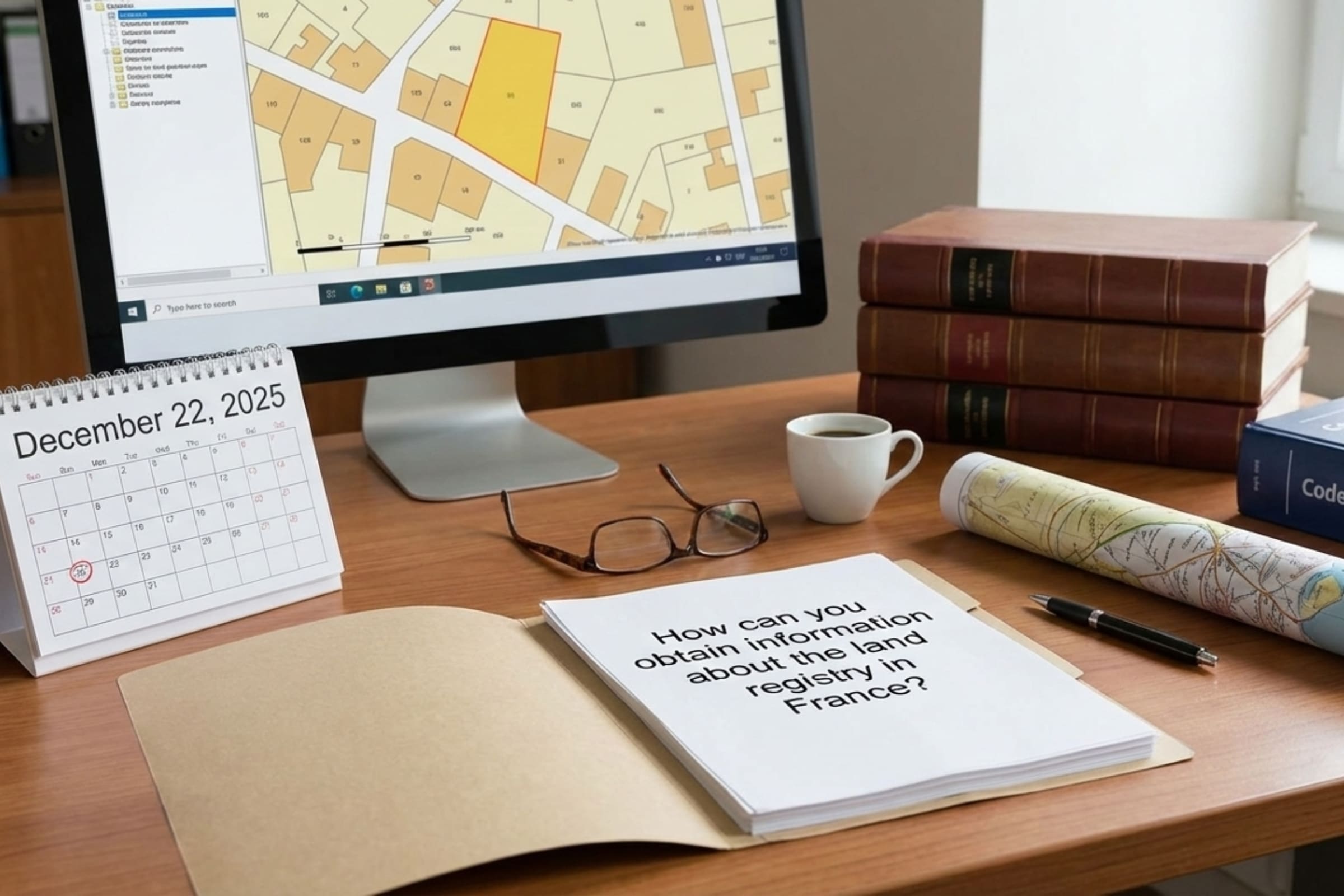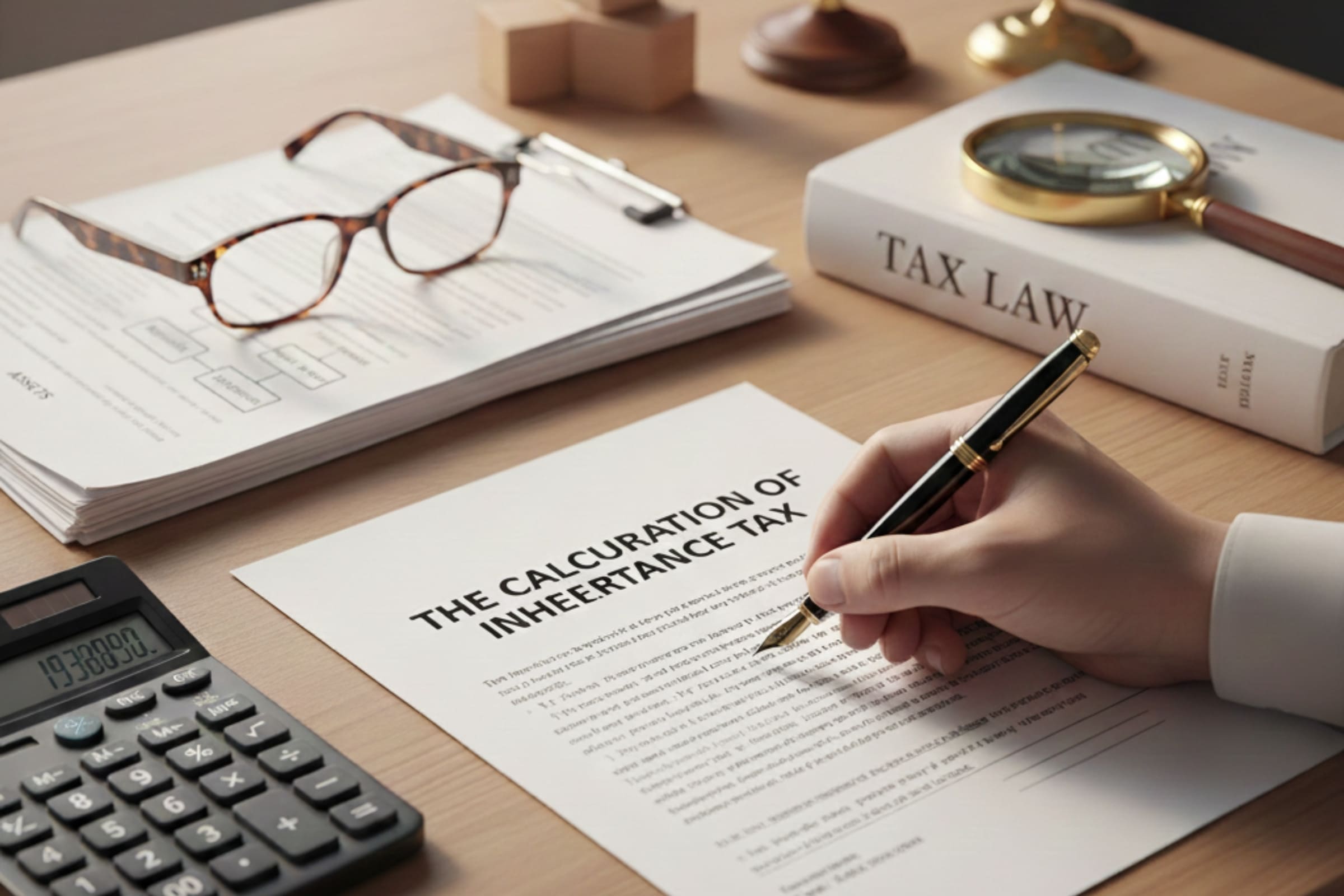Do you rent out a furnished house or apartment on a long-term basis? Your income from this activity is taxable and must be declared. Income declaration, tax system, social contributions… Here’s what you need to know to stay on top of it.
What changes in 2025?
The Finance Act for 2025 reforms the real tax system for non-professional furnished lettings (LMNP). When the property is resold, any book depreciation that can be deducted from the taxable rental income will now be added back when calculating the capital gain on the sale.
The following properties in particular are excluded from this tax change: student accommodation, housing for the elderly and housing for the disabled.
Owners will continue to be subject to the capital gains tax applicable to private individuals and will remain exempt from capital gains tax after 22 years of ownership of their property and from social security contributions after 30 years.
Furnished lettings: What are we talking about?
Furnished rental’ refers to a dwelling that is provided with a decent standard of furniture “in sufficient number and quality to enable the tenant to sleep, eat and live there in a way that meets the requirements of everyday life”, according to article 25-4 of law no. 89-462 of 6 July 1989.
To qualify as such, the accommodation must contain at least a certain amount of furniture. The list is established by decree :
– bedding, including duvet or blanket,
– blinds or curtains in rooms intended to be used as bedrooms,
– cooking hobs,
– oven or microwave oven,
– refrigerator and freezer, or at least a refrigerator with a compartment where the temperature is -6°C or lower,
– tableware for meals,
– kitchen utensils,
– table and chairs,
– storage shelves,
– light fittings,
– cleaning equipment adapted to the characteristics of the home.
Good to know
You can also rent out your furnished accommodation for a short period of time as part of a seasonal rental scheme (e.g. furnished tourist accommodation). In this case, the rules are different. This article describes the rules and taxation that apply to furnished rentals with a rental contract. In this case, the tenant makes your property their main residence. For more information, visit service-public.fr
Furnished rentals: What income must be declared?
All income from renting out furnished accommodation is taxable and must be declared to the tax authorities.
However, there is a situation where income from furnished rentals is not taxable. A number of criteria must be met:
– you are renting out or subletting part of your main residence,
– the room(s) rented out constitute the main residence of the tenant or subtenant (or their temporary accommodation if they are seasonal workers),
– The rental price must be set within ‘reasonable’ limits based on an annual ceiling per square metre, which for 2024 is 206 euros per year per square metre for renting or subletting in the Île-de-France region and 152 euros per year per square metre in other regions.
Furnished rental property: How do you declare your income?
The income you receive from renting out furnished accommodation is subject to income tax in the industrial and commercial profits (BIC) category.
You must declare all rental income received in 2024 in April 2025 when you file your annual tax return.
To help you with your tax return, see the 2025 tax brochure.
Useful information
If your annual rental income is less than €23,000 or is less than the total amount of your tax household’s other income (salary, other BIC income from commercial, industrial or artisanal activities), you are considered to be a non-professional landlord (LMNP). If this is not the case, you are considered to be a professional landlord (LMP). You can find more information on this topic on the service-public.fr website.
If your annual income is less than €77,700 excluding VAT
– You are covered by the micro-BIC tax scheme
You report the total amount you received from furnished rentals (including rent and taxes) on your supplementary self-employed tax return (no. 2042 C-Pro). You will be taxed at the income tax rate after a fixed deduction of 50% with a minimum of €305 to cover expenses.
– You can also choose the actual tax system
For each of your fiscal years, you must submit a 2031-SD tax return (industrial and commercial profits) to your local business tax office. You can deduct all your expenses on the same tax return.
In addition, when you file your tax return, you must indicate the amount of your profit on your supplementary tax return 2042 C-Pro in the relevant section.
If your annual turnover exceeds €77,700 excluding VAT
You are automatically subject to the actual tax regime. For each of your financial years, you must submit a 2031-SD tax return (industrial and commercial profits) to your local business tax office.
In addition, when filing your tax return, you must indicate the amount of your profit on your supplementary tax return 2042 C-Pro in the relevant section.
You are also responsible for:
– property tax as the owner of the property you rent,
– property tax for businesses (cotisation foncière des entreprises – CFE),
– and above a certain amount (sales over €152,500 excluding VAT), VAT for businesses (CVAE).
Useful information
Within the first 14 days of starting your business, you must submit a declaration of creation or start-up electronically via the Business Formalities Office.
This will enable you to:
– obtain a SIRET number
– publicise the existence of your business,
– indicate the tax regime you have chosen.
Furnished rental: Do you have to pay social security contributions?
| Annual revenue in 2024 | Less than 23.000 € | Between €23,000 and €77,700 and exceeds the income of the taxable household subject to income tax in the other categories of business income | More than €77,700 and exceeds the income of the taxable household subject to income tax in the other categories of business income |
| Social security contributions | No social security contributions, but you declare this income as part of your annual tax return and your income is automatically subject to social security deductions at a total rate of 17.2%. | You can choose between two types of business status:
-micro-entrepreneur self-employed worker |
Self-employed status |










